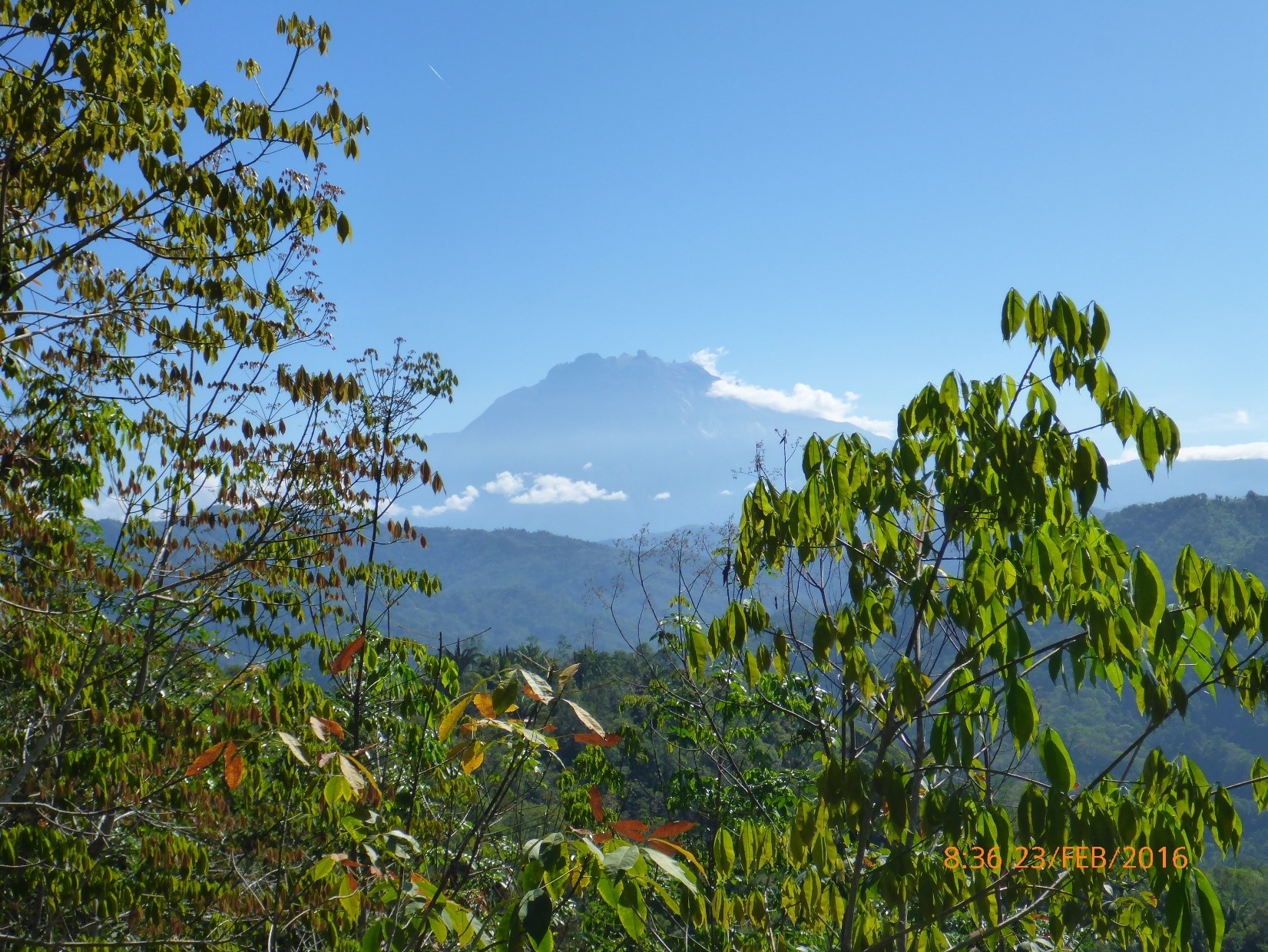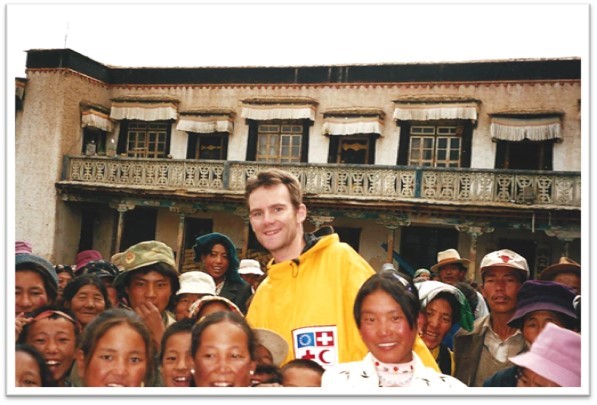

Saturday 8th May is International Red Cross Red Crescent Day, celebrated annually on the birthday of its founder Henri Dunant. Our MD Mark started off his international development career working for the Red Cross. So, we thought we’d ask him about his experiences working for this amazing organisation.
I’d always wanted to work for an organisation that helps people in need. The Red Cross Red Crescent has a reputation for helping people in crisis, whether in times of war or peace. I really wanted to be a part of that.
I worked for the Red Cross Red Crescent on an EU funded emergency food relief programme in a remote region of the Himalayas. The people we reached out to had lost their annual harvest and food store s to the worst floods in living memory. I managed a team of 30 staff to procure and distribute food to over 20,000 starving people in 6 counties. It was exhausting, deadline driven work which sometimes meant I had to problem solve on the spot. It was very fulfilling.
s to the worst floods in living memory. I managed a team of 30 staff to procure and distribute food to over 20,000 starving people in 6 counties. It was exhausting, deadline driven work which sometimes meant I had to problem solve on the spot. It was very fulfilling.
In Geneva, I worked at the International Federation of the Red Cross. I was the Senior Officer for Operational Alliances, knowledge sharing between different countries in a more strategic, cross-Federation role. I learned a lot about the differences of working on a relief programme, compared to a head office strategic job!
Seeing the life-saving impact of our Red Cross team giving emergency food to starving people. Also, helping train and mentor a team of 30 local dedicated volunteers, into a professional unit who could meet deadlines in very difficult conditions, amongst some of the most remote mountain valleys of the Himalayas. It was fantastic to see the team bond, gain confidence, and work so well together. Many of us are still friends now.
I really believe the Red Cross Red Crescent societies have a unique role to play to help people in crisis, especially in war zones where other international organisations can’t reach out. The Red Cross Red Crescent Movement was originally founded in Geneva, designed to bring assistance without discrimination to the wounded on the battlefield. That meant British doctors giving the same medical treatment to enemy soldiers, and vice versa.
Also, national Red Cross Red Crescent societies are well-placed to assist from a grass roots level, led by local people, in a way other international organisations can’t.
For me personally, the two most important and unique principles of the Red Cross are impartiality and neutrality. This means it doesn’t take sides – human needs are human needs, whatever your nationality, race, religious beliefs, class or political opinions. However, you don’t have to work for the Red Cross to follow these principles. It’s something I’ve always tried to live by in both my professional and personal life.
In Summer 2019 two groups of 18 students from Malmesbury left for India, We had some understanding of what we…
Global Action Ltd. Lumley House, 56 Elliott Rd, Cirencester, Gloucestershire GL7 1YS